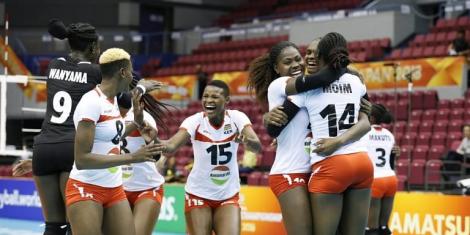
Supplements in Sports Nutrition
Sports supplements and foods are unregulated products marketed to enhance athletic performance. According to the Academy of Sports Medicine, “the ethical use of sports supplements is a personal choice and remains controversial.”
This is the reason why many athletes get lengthy bans for supplements they might have used without knowledge that they have been banned by the World Anti-Doping Agency (WADA).
Sports food: sports drinks, bars, and gels, electrolyte supplements, protein supplements, liquid meal supplements.
Medical supplements: iron, calcium, vitamin D, multi-vitamin/mineral, omega-3 fatty acids
Performance supplements: creatine, caffeine, sodium bicarbonate, beta-alanine, nitrate.
Special Circumstances
Sports nutrition covers a wide spectrum of needs for athletes. Depending on the kind of sport, you will take a diet as directed by your nutritionist.
Certain populations and environments require additional guidelines and information to enhance athletic performance.
Vegetarian Athlete
A vegetarian diet contains high intakes of plant proteins, fruits, vegetables, whole grains, and nuts. It can be nutritionally adequate, but insufficient evidence exists on long-term vegetarianism and athletic performance.
Dietary assessments are recommended to avoid deficiencies and to ensure adequate nutrients to support athletic demands.
High Altitude
Specialized training and nutrition are required for athletes training at high altitude. Increasing red blood cells to carry more oxygen is essential. Iron-rich foods are an important component of this athlete as well.
Increased risk of illness is indicated with chronic high altitude exposure. Foods high in antioxidants and protein are essential. Fluid requirements will vary per athlete, and hydration status should be individually monitored.
Hot Environments
Athletes competing in hot conditions are at greater risk of heat illness. Heat illness can have adverse health complications. Fluid and electrolyte balance is crucial for these athletes.
Hydration strategies are required to maintain peak performance while exercising in the heat.
Cold Environments
Primary concerns for athletes exercising in the cold are adequate hydration and body temperature. Leaner athletes are at higher risk of hypothermia. Modifying caloric and carbohydrate intake is important for this athlete. Appropriate foods and fluids that withstand cold temperatures will promote optimal athletic performance.
Eating Disorders and Deficiencies
Eating disorders in athletes are not uncommon. Many athletes are required to maintain lean bodies and low body weight and exhibit muscular development. Chronic competitive pressure can create psychological and physical stress of the athlete leading to disordered eating habits.
Without proper counseling, adverse health effects may eventually develop. The most common eating disorders among athletes may include:8
Anorexia nervosa
Bulimia
Compulsive exercise disorder
Orthorexia9
Obviously, the nutritional needs of these individuals greatly differ from that of other active adults or athletes. Until someone with an eating disorder is considered well again, the primary focus should be put on treating and managing the eating disorder and consuming the nutrition needed to achieve and maintain good health, rather than athletic performance.
Micronutrient deficiencies are a concern for active adults and athletes. Exercise stresses important body functions where micronutrients are required.
Additionally, athletes often restrict calories and certain food groups, which may potentially lead to deficiencies of essential micronutrients. Research indicates the most common micronutrient deficiencies include:10
Iron deficiency can impair muscle function and compromise athletic performance
Vitamin D deficiency can result in decreased bone strength and reduced muscle metabolic function.
Calcium deficiency can impair the repair of bone tissue, decrease regulation of muscle contraction, and reduce nerve conduction.
Next, we will look at the roles of a sports dietitian.
